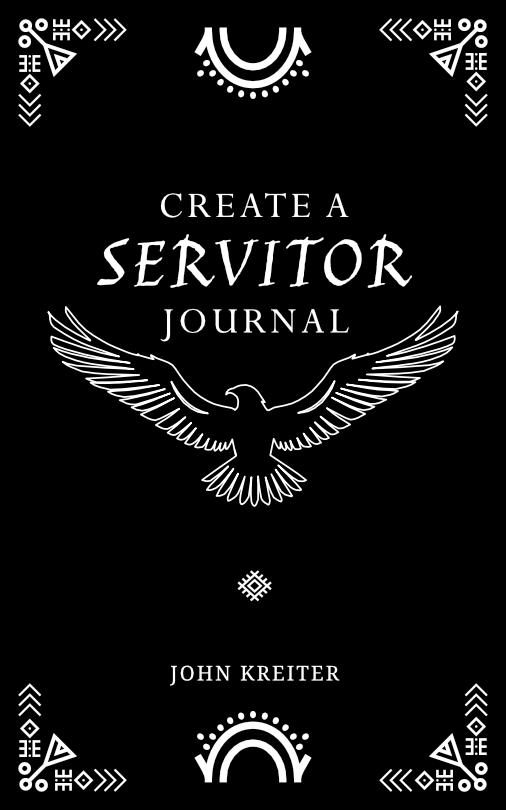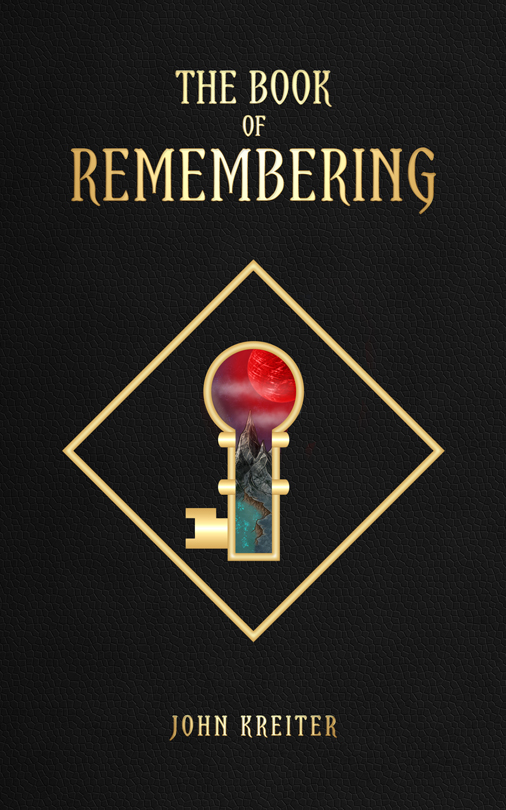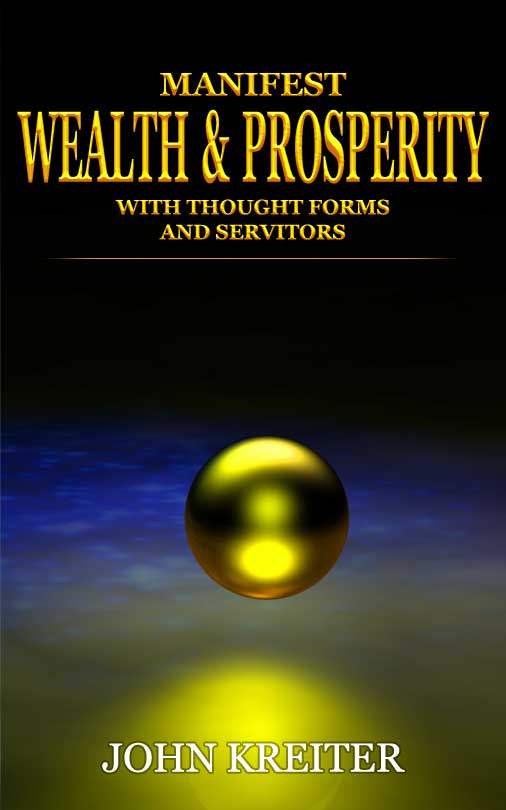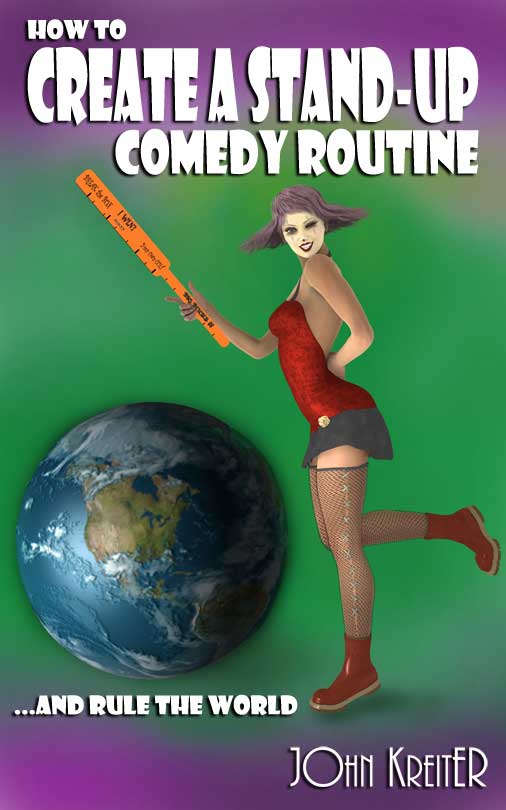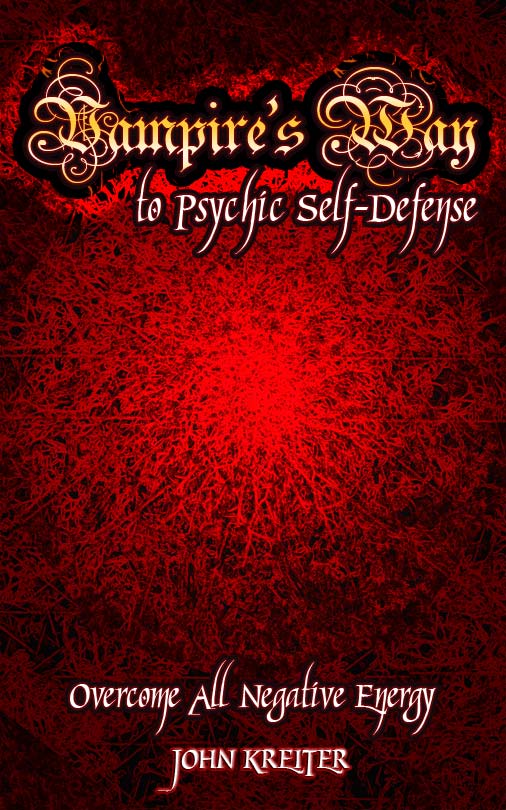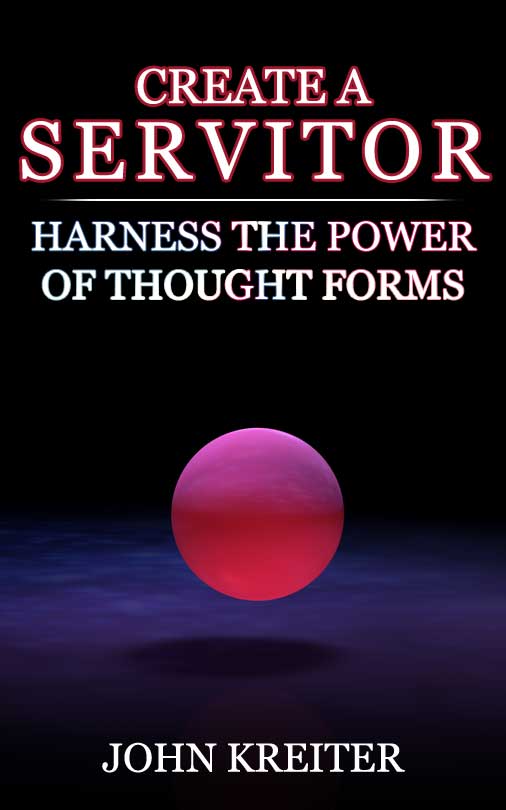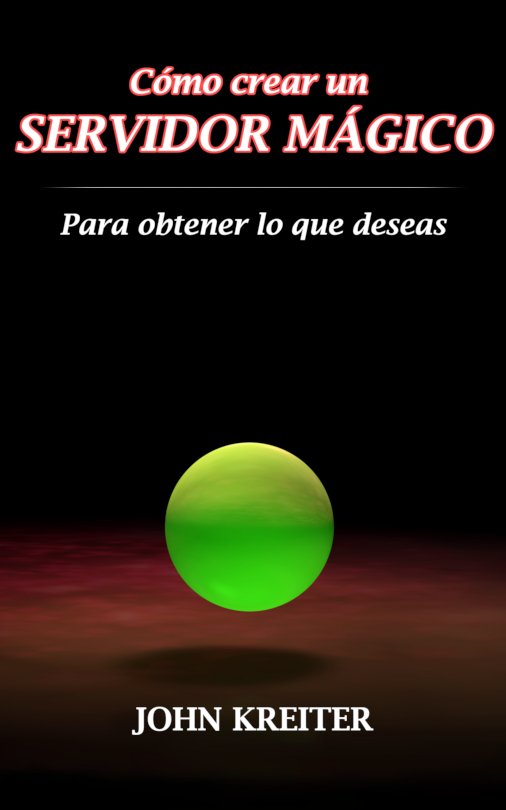I have mentioned on a number of occasions that empathy is one of the most important skills that you can have in life. I would dare say that empathy is the one skill that has the ability to take humanity into the next level of awareness. Empathy, once you have become proficient at it, will be a catalyst that will completely change the way that you interact with others.
Empathy can be a great advantage when you have to interact with others. It is very important for example that you always ackno...
Continue reading...
One of the most difficult aspects of getting anything done is getting started. Procrastination can be a very difficult obstacle to overcome and unless you discover ways to overcome this inertia, you will never begin any worthwhile project. Okay, so we have decided on what our goals are and we have made a list of all the things that we want to do, but how do we get started on this list and overcome this very difficult first obstacle?
It is always a good idea to begin by identifying some of the...
Continue reading...
One of the biggest concerns that you might have about negativity is that you might believe that it is completely out of your control. That these negative thoughts and impulses might seem to come at random times and happen for no good reason. You might believe that you are helpless and powerless, that you cannot change the tide of this debilitating energy.
This is not the case. You can find out why you are having these negative thoughts. It is possible for anyone to find the source of this...
Continue reading...
A sprain can be a very painful thing. The sprain of any joint can tear up the tissues around the joint causing a lot of swelling and redness. Depending on what joint you sprain, you can be out of circulation for a while and it can be costly depending on what you are doing in your life at the moment.
I remember as a child I would be spraining my ankles almost every month. There were times when I had to be taken to special bone setters because I would actually dislocated bone on some occasions....
Continue reading...
Stop imagining disasters. Our imagination is an incredibly powerful thing and if it is left alone to ramble about it can sometimes create terrible scenarios that can cause us great stress. It is very easy to take a very minor incident and turn it into a horrible thing.
It is easy to imagine for example that someone’s tardiness is actually a car accident or some other terrible thing. We all worry excessively sometimes about minor things just because we let our imaginations get the best of u...
Continue reading...
Personal freedom is something that I believe we can all say we want. Yet it is something that is often misunderstood both in its relation to our personal lives and on how to go about getting it. On this May Day celebration, May 1, 2012; many protest demanding equal rights and more accountability from those that would oppress the greater individual majority.
While most of these protests, that are now occurring around the world, focus on the inequality of wealth distribution, there is the under...
Continue reading...
A question that is often asked is; “how can I be become psychic?” Another question I often hear being asked is; “how can I see ghosts?” Or “how can I see UFOs?”. Many of us are interested in the paranormal and would really love to participate and deepen our understanding in this area but we don’t know how to proceed. It is a very difficult subject because unless you are able to experience strange events yourself, you have to take it for granted that paranormal activity is real. You are ...
Continue reading...
We all want to be more successful. To most of us success means being able to accomplish those things that we wish to accomplish. The nuances of the definition of success can have small shades of variation from person to person. It is a good idea to define success for yourself in order to discover in greater detail what it is that you wish to be successful at. I think that we can all agree though on the fact that we would all like to be more successful in our personal endeavors.
All success is...
Continue reading...
Time is a precious thing. We seldom contemplate the fact enough; that we are all mortal beings. If we were to contemplate this on a regular basis, we would realize that the time that we have is indeed precious. Whether we believe in an afterlife or not, the time that we have on this Earth is indeed limited and it is therefore very important that we use this time wisely.
If you think about it, you’ll easily come to the conclusion that how you spend your time is how you spend your life. N...
Continue reading...
Personal diet is incredibly important. Your body is truly your sacred Temple and you must do everything that you can to always give it the best. Your diet is directly linked to your health, this is something that most of us understand and believe. What many forget to consider though is that personal diet is also directly linked to how happy we feel about ourselves and our life. Correct nutrition makes you feel strong and gives you a good deal of extra energy, this extra energy is completely ...
Continue reading...
We all want to achieve success in our lives. We all strive for great achievement and personal triumph. There are times though when we tend to confuse personal success with hard work. Now I am not saying that there is anything wrong with hard work, but there are some of us to get stuck believing that great success and hard work are the same thing.
If you ever find yourself in this situation, where you seem to be working all day long trying to achieve personal triumph, it is a good idea to ques...
Continue reading...
In order to become smarter we must either learn to explore our inner reality or we must learn from books and the exterior world around us. In whatever way you wish to, you need to always try and develop your intellectual capabilities. It is truly the case that the quality of your life is directly related to your intelligence and to the quality of your thinking. You don’t need to have schooling or some kind of higher learning education certificate. But you do need to constantly strive to...
Continue reading...
Stress is something that is becoming a bigger and bigger problem in our modern, fast-paced lives. Stress is an indicator that is letting us know that we are overwhelmed and overworked and that we need to take a break. The hyperactivity of the modern lifestyle increases the likelihood that you will experience stress because of its incredibly fast paced nature.
Our modern world has become the world of gadgets. We all have some kind of gadget, whether it’s a smart phone, a tablet of some k...
Continue reading...
We can all be a little prideful at times. When we have devoted a lot of time to certain thing it can be quite easy to believe that we know everything about that particular thing and it can be very difficult to hear another person’s point of view. This is natural, it just shows that you take pride in the amount of effort that you’ve put into something and have developed a certain sense of confidence in this area. You should always be careful though that you don’t become overc...
Continue reading...
If you want to be true to yourself, you must continually be on the lookout for times when you are giving people a double standard. A double standard is really a form of hypocrisy where you hold people accountable in a certain way but you do not hold that same accountability for yourself. In order to develop your ‘self’ and your personal integrity, you have to be able to hold yourself to the same standard that you hold everyone else to.
A double standard is most obvious when we tend to have a ...
Continue reading...
Having a good scheduling system can be the difference between getting things done and failing at whatever it is that you do. We all have a desire to accomplish things. We sometimes have plans or big ideas that we would like to see come to fruition. Many have these great ideas and plans but are never able to get anything done, as a result they think that they are dreamers that will never be able to accomplish anything because they just don’t have the power or the discipline to get things...
Continue reading...
Success is a natural desire that we all have. We tend to define success as the ability to accomplish an aim or a goal. Some even define success as the attainment of wealth and profit, perhaps even the attainment of popularity and fame. The best definition of success is the ability to accomplish our desires and to fulfill our values in life. Success then goes beyond the accomplishment of a particular externally defined ideal, into the fulfillment of personal values.
As we look upon the world, ...
Continue reading...
I have been accused of a number of occasions of taking way too long to answer a simple question. Some say that I will go on about things that absolutely have no bearing on the subject, before I finally get to the answer to a simple question. I must say that more often than not I am guilty as charged, but there is an actual method to my madness.
There is a great difference between simply learning a thing and truly understanding. Learning can be defined as the ability to memorize a certain set ...
Continue reading...
Worry is a great drain of energy. Worrying about things makes us feel very bad and most of the stuff that we do worry about is unnecessary. I suppose that you would not believe me if I told you that worry is actually supposed to be an ally; that it should really be a helping hand that allows us to discover where we need to take action in order to change our circumstance for the better. If you are not willing or able to recognize the power of this ally, you must do everything in your power to ...
Continue reading...
Stress is something that is becoming a bigger and bigger problem in our modern fast-paced lives. Stress is an indicator that is letting us know that we are overwhelmed and overworked and that we need to take a break. The hyperactivity of the modern lifestyle increases the likelihood that you will experience stress because of its incredibly fast paced nature.
Our modern world has become the world of gadgets. We all have some kind of gadget, whether it’s a smart phone, a tablet of some ki...
Continue reading...

